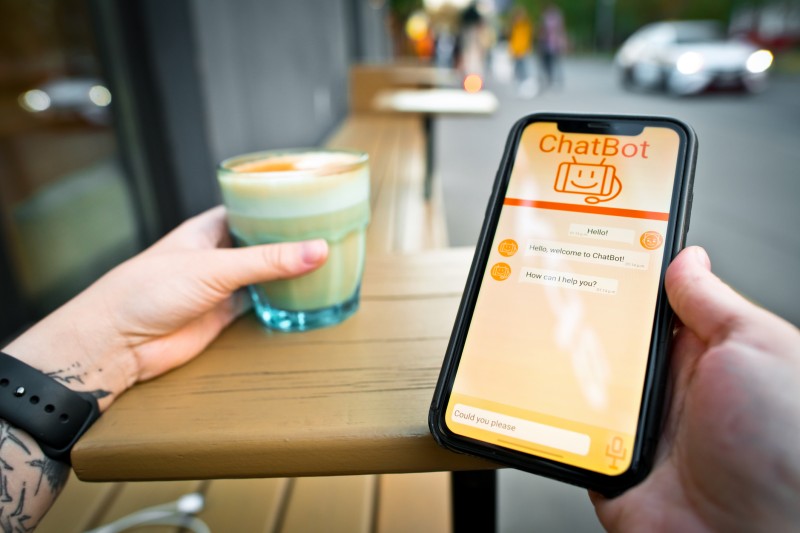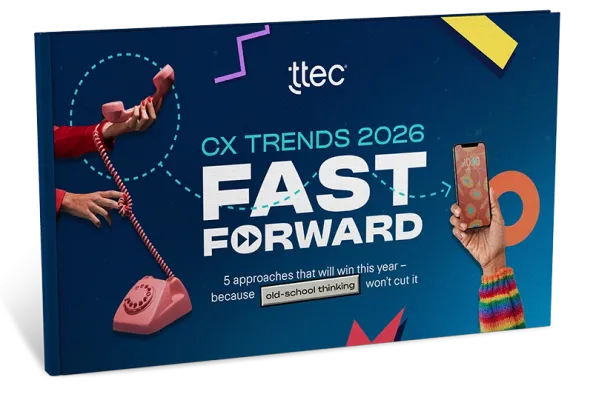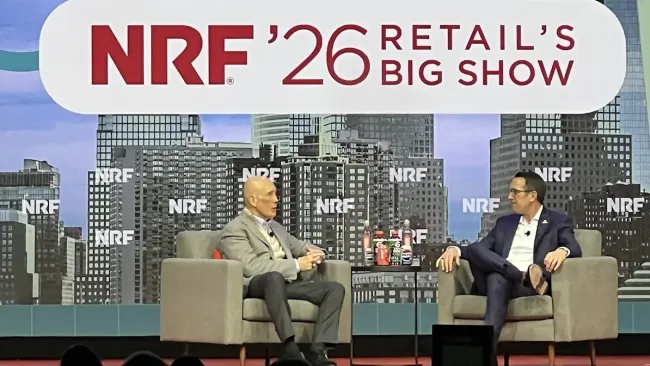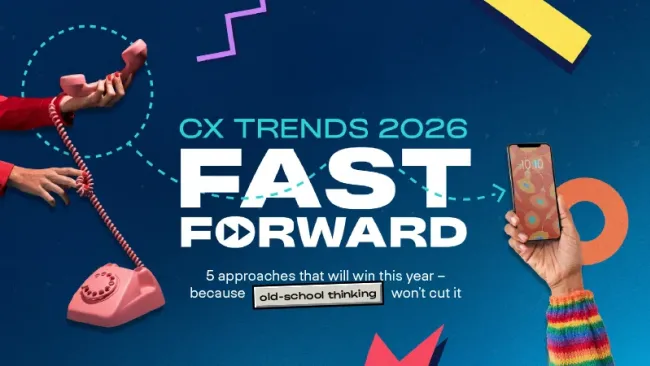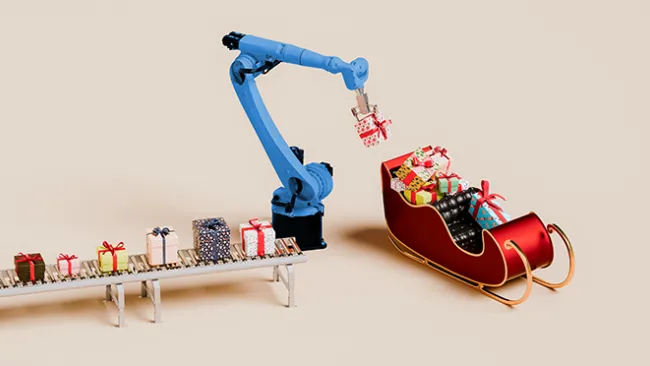AI chatbots can bring many advantages to retailers and their customers: they can handle simple requests and inquiries quickly, offer 24/7 availability, deliver personalized shopping recommendations based on customers’ preferences and histories, and even recognize and respond to human emotion – all of which lead to better customer experience (CX).
Shoppers increasingly want self-service options and chatbots typically have high satisfaction ratings, making them a cost-effective way to let customers help themselves while freeing your associates up to handle more-nuanced interactions.
So why aren’t more retailers using them?
Only 9% of online stores use chatbots, even though they’ve been proven to boost sales in many cases. Why? Research shows many retailers want to harness the power of chatbots, and AI in general, but don’t yet have the right workforce, tools, or procedures in place to do so.
Most retailers (88%) believe their customers are ready for most or all interactions to take place through AI, according to Avanade, but just 50% have begun implementing the needed workforce planning to fully implement AI and 45% think they’ll need “significant support” to onboard and train workers to use newer chatbots that use generative AI.
Even among retailers that do use chatbots, many have limited themselves to rules-based bots when they could be elevating CX and making associates’ jobs easier with AI-powered ones.
Retailers likely find it daunting to wade through the expanding number of chatbot options out there. But a CX expert that specializes in retail and has expertise in chatbots can help you assess your needs, explore and test your options, and implement the best fit for your company.
AI-powered chatbots deliver smoother, better experiences
Some retailers might be hesitant to implement chatbots because they have outdated notions of clunky and problematic interactions. Previous generations of bots could be so frustrating that it often was easier for customers to speak with an associate when they needed answers or information.
But unlike rules-based chatbots, which can only resolve inquiries within preprogrammed rules, generative AI-powered ones leverage machine learning and natural language processing to understand and generate human-like responses. They learn from user interactions and adapt over time. As a result, they can handle diverse queries and provide a more conversational and personalized experience.
Recent AI advancements have paved the way for emotionally intelligent chatbots that can recognize and respond to human emotions. They use sentiment analysis and emotional cues to tailor their responses, creating a more empathetic and engaging interaction.
It’s time to think outside the box when it comes to using chatbots to improve the shopping experience.
Instacart, Walmart improve the experience with AI
Instacart, for instance, uses ChatGPT chatbot technology for its “Ask Instacart” search tool, which provides grocery shoppers with recipe ideas, ingredient lists, and healthy meal options. Rather than a list of search results, the tool provides information in a conversational way for a more personalized-feeling experience.
And Walmart has seen customer satisfaction (CSAT) jump through the use of chatbots with natural language understanding (NLU). The retailer uses them to drastically reduce the number of customers who need to speak with an associate. The sophisticated bots can understand customers’ real-time conversations and decipher localized languages across a global footprint, including places like the United States, Chile, Mexico, and India.
Test your options with the right partner
It’s never been easier to test chatbots to find the one that best suits your needs. It may seem overwhelming to know where to start, but it doesn’t need to be a scary process.
New AI platforms make it quick and easy to stand up chatbots and make changes as needed. You can launch one today, pause or turn it off tomorrow if you decide to, and easily recalibrate it as needed. Or, let them run and watch the power of AI as it learns to refine and evolve your customers’ experience. Today’s chatbots are much less rigid than their predecessors, so they’re ready to meet the changing needs of your business. They let you tap into a world of potential upside with minimal risk.
Eliminate frustrating (and costly) trial and error by working with an experienced CX partner to guide you through the process. A partner will examine your customer journey, identify pain points, and help you choose the best chatbots to eliminate friction in those moments that matter.
With the right chatbots working for you, you’ll reap ROI in the form of 24/7 availability, improved CSAT, better visibility through data and analytics, and improved CX and employee experience. What are you waiting for?
